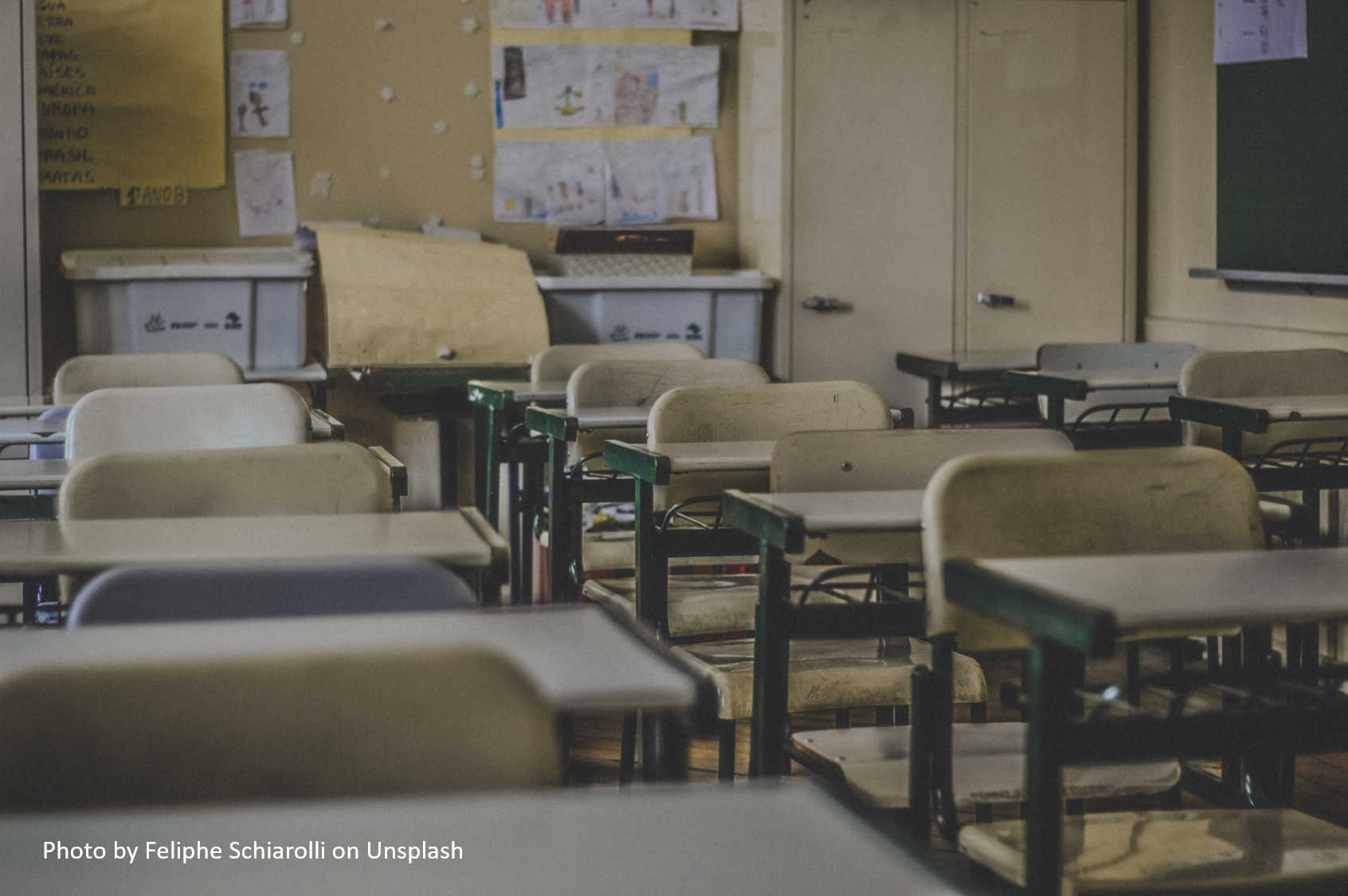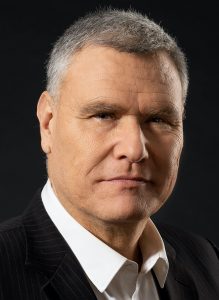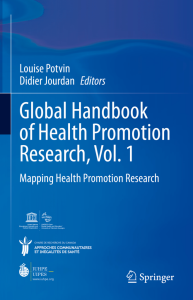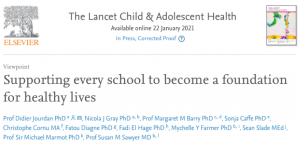On 2 July 2021, the Third High-level Meeting on Schooling during the COVID-19 Pandemic was held, organized by WHO/Europe, the United Nations Children’s Fund (UNICEF) and the United Nations Educational, Scientific and Cultural Organization (UNESCO). The WHO European Technical Advisory Group (TAG) on schooling during the COVID-19 pandemic shared new recommendations with the best available evidence and expert advice on safe schooling during the pandemic.
Schooling and COVID-19
COVID-19 has disrupted schooling for millions of children and young people during the school year 2020–2021. After reopening schools in the autumn of 2020, rising infection rates in winter led to more stringent measures, including, in some areas, the closure of schools.
These measures have serious effects on the education, development, and social and mental well-being of children and adolescents – both in the short- and long-term. Children and adolescents in the WHO European Region have missed on average more than 30 weeks of schooling due to school closures.
This third high-level meeting followed previous meetings held in August and December 2020, and presented an updated version of the TAG recommendations, including updates on how to keep schools open, testing strategies in school settings, risk-mitigation measures and infection control, and vaccination strategies, among others.
In addition to sharing the updated recommendations, the meeting was meant to support countries in planning measures over the summer months, so as to minimize school disruptions in the academic year 2021–2022.
As a member of the TAG, Prof. Didier Jourdan contributed to the discussion by presenting the first results of the UNESCO Chair’s global survey on the safe reopening of schools.
More information about the event
Recommendations from the European Technical Advisory Group for schooling during COVID-19 (March 2021)














 About Didier Jourdan
About Didier Jourdan
